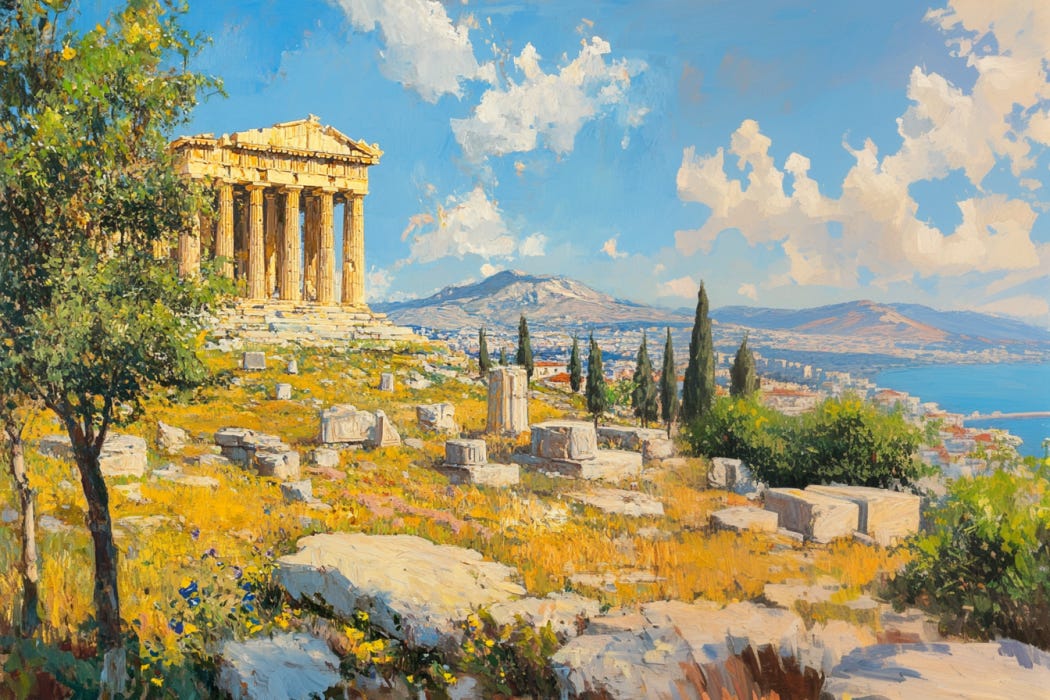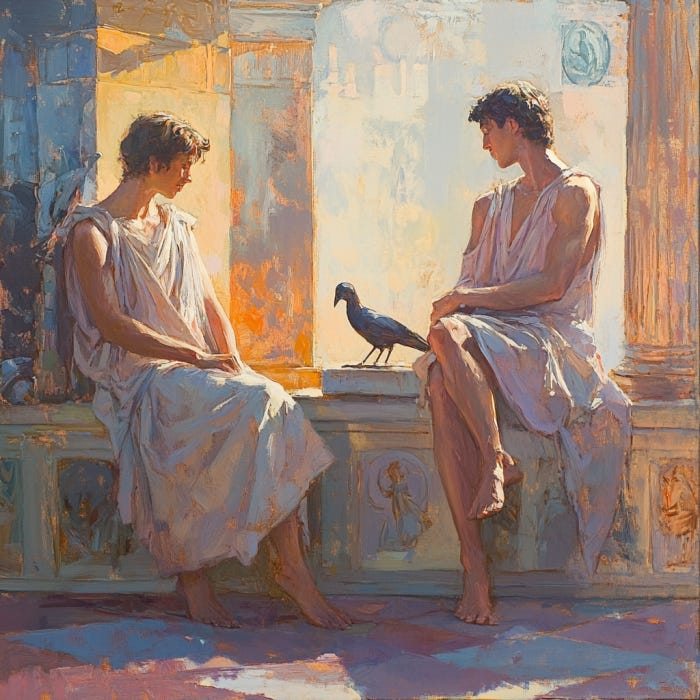Gentle Reader,
The present writer used to pride himself on being a smart and scientific person. I made all kinds of decisions with a rational coolness which was informed by statistical probabilities and evidence.
As I went to medical school, this tendency only got stronger. In Medical Statistics, we had to learn about concepts such as NNT, P values, sensitivity, specificity, and likelihood ratios. Such principles were useful – my personal favourite statistical concept was Simpson’s Paradox, and I glided onwards in my medical career with the skills to analyse research papers and the habit of appraising almost everything in a scientific manner, mentally running my own Forrest plot on just about any intervention.
However, I did not see the full picture. Even as the scientific tools I relied upon were internally valid, there was an external world to which, in reality, they did not apply. As a bumbling student, the limitations of the scientific method, and the fact that many things cannot be boiled down to numbers, was not apparent to me.
Even qualitative studies, which purport to describe rather than number-crunch, cannot get to grips with the fundamental airy-fairyness which is inherent to much of reality.
When I began to realise that the world is a softer and fluffier prospect than the scientific world depicts it, I became softer and fluffier as a person. I became less uptight, more open, and less dogmatic, because I saw how much was unknowable, unquantifiable, and just downright strange, and I saw that the other side of science is not ignorance, but art, poetry, and mystery.
This new approach helped me to understand the futility of trying to control and measure everything. The nature of reality is stochastic and unpredictable, and it has a beauty of its own. Seeing this essence is the root of contemplation, of art, of what it means to be human, and being aware of its existence greatly tempers the mind.
This personal breakthrough of mine was nothing new – I was learning something which the Ancient Greeks described thousands of years ago.
Sophrosyne
As I became more measured and open, it felt as if a veil of equanimity had crept over me, fortifying me in trying times, and lending greater perspective.
The Ancient Greeks called this sophrosyne: ‘an ideal of excellence of character and soundness of mind, which when combined in one well-balanced individual leads to other qualities, such as temperance, moderation, prudence, purity, decorum, and self-control.’
This cardinal virtue, beloved of Aristotle and Plato, is about finding a harmonious balance between different aspects of human nature. It describes the wisdom to know when to apply strict logical analysis, and when to acknowledge the more ineffable aspects of experience.
Humans can be both rational and emotional, and instead of letting one run rampant over the other, we must see them as bedfellows who must find a way to co-exist. I submitted too much to the rational; others have a weakness for emotion and the supernatural.
There is room for both, room to hold your convictions lightly, to understand that the world is but a stage, full of sound and fury. You can remain courageous and passionate about your beliefs without being bonded to them, and you can occupy and defend a strong position while still being willing to climb down from it without a battle, in the right circumstance.
Such an attunement to the winds of fancy and fortune will stand you in good stead. Once attuned, you must position yourself to let these winds blow over you.
I once heard Ram Dass say that we should look to place ourselves somewhere in the middle, between hope and despair. When you hope for something, and it doesn’t come to pass, you will be disappointed. And if instead you despair, you surrender to darkness before the battle even begins.
Finding this middle path, between hope and despair, between attachment and avoidance, between rationality and emotion, is the way of sophrosyne, a way which allows us to keep the flame alive without being burnt by its blaze, yet without standing so far away as to fall into the darkness.
Affiliates:
My friend Paul Millerd runs the Pathless Path Community, a cozy online space where we support each other to find ways to live and work in the most authentic way possible.
I also recommend the Supernote e-ink device, which I use for reading, writing, and annotating documents. This affiliate link is only valid for EU customers.






It’s fascinating, isn’t it, when you realize there’s more to life than science can explain. It’s as if there were a parallel universe that we never knew existed.
If I spend too much time the practical, scientific realm, my life becomes dry, dull and meaningless. And if I spend too much time in the spiritual, my life will be rich, but little will get done, and I may forget to pay my utility bill.
Reminds me of the battle between order and entropy, a major theme of Tom Stoppard's play Arcadia.